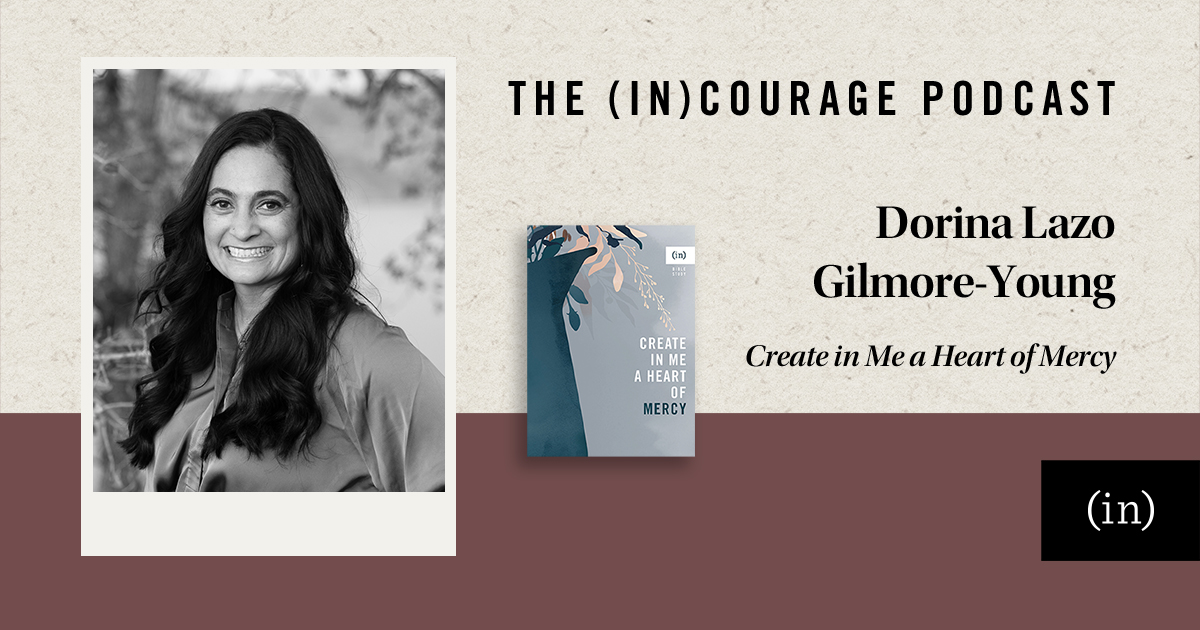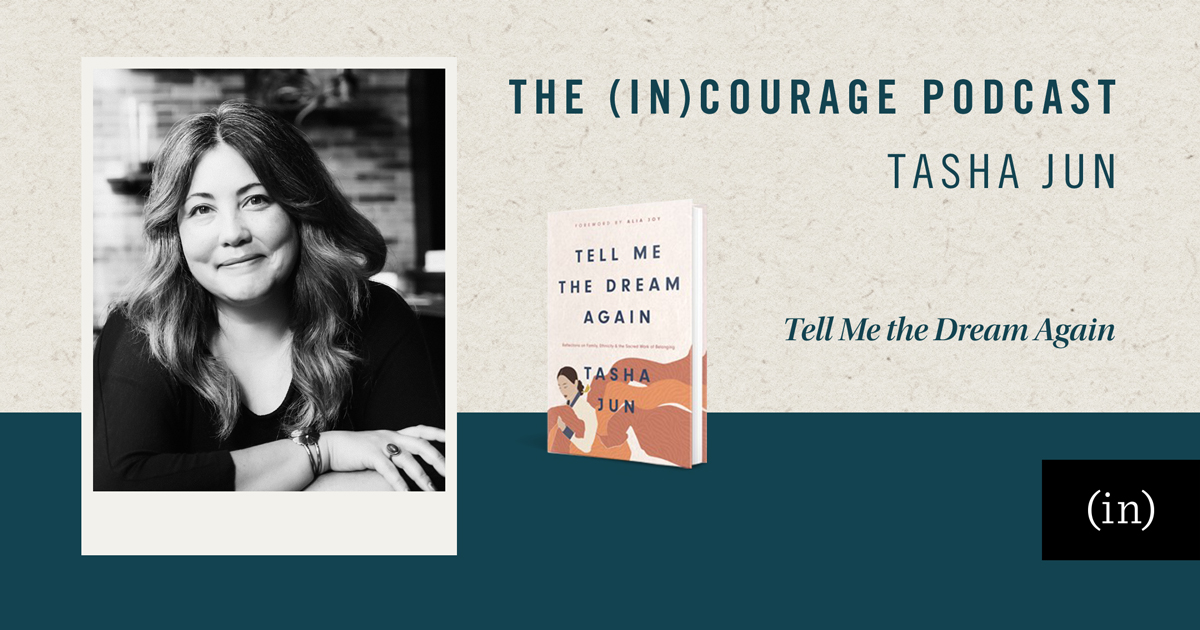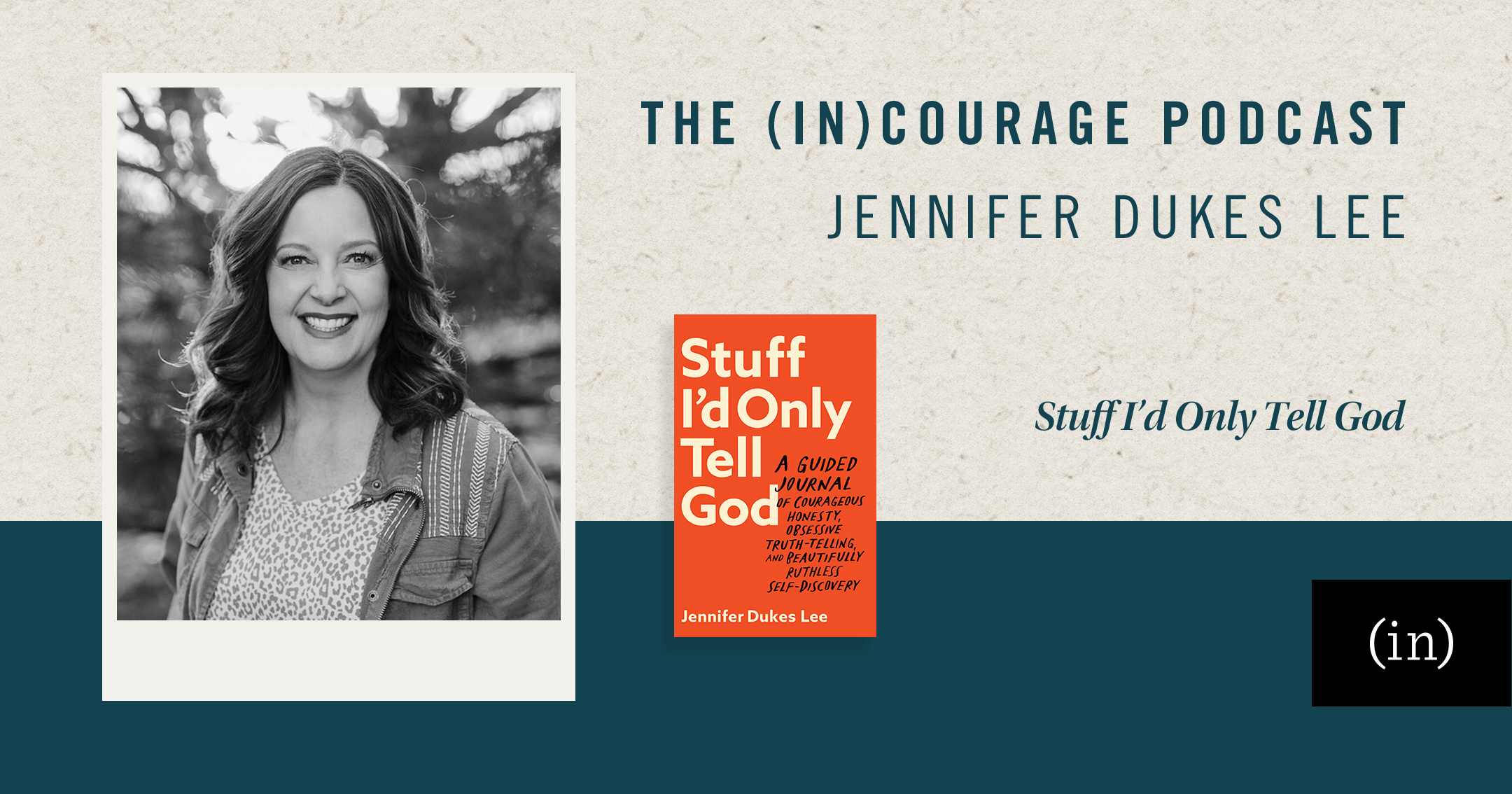I birthed my daughter twenty years ago today — exactly ten days before my own 29th birthday. I’ve always loved that May means celebration time for the Strong girls. May is also the month when I (finally!) shake winter from my hands and hem and wear short-sleeved shirts for multiple days in a row. In Colorado, May is the gateway to the magical time known as “summer without crawling critters and humidity.” May means school vacation and the growth of new, good things.
I’ve always, always loved May. That is, until last year.
Let me just say, for various reasons, last May was partly just plain terrible. In fact, my husband and I coined it, “The May of Suck.” That’s not to say May didn’t hold some glorious highs, like our daughter’s high school graduation. That was perfectly wonderful — bittersweet but wonderful. Yet, after welcoming momentous highs into our lives, we couldn’t close the door fast enough before corresponding lows snuck in behind.
By and by, summer released a little pressure on the cooker that felt like life, thank God. Late August brought more bittersweet significance when we moved our baby to college. Saying goodbye to her meant saying hello to Empty Nest-dom (or as we call it, our Changing Nest). Fall came and then winter with its frosty temps and our frosty wariness that while things weren’t as bad as May, life wouldn’t let up, either.
As this marble called earth rotates through May once again, I’m a little tender and bruised from the memories of last May. I’ve been walking through this month hunched over and holding my breath as I wait for the other shoe to drop. I’m desperate for a sign of redemption to show itself, like the green shoots of my lilies growing through our hard, rocky dirt.
May, my former favorite month, comes with more dread than delight this year. That not only saddens me, but it’s a draining, demoralizing way to carry on.
In Scripture, Psalm 53:5 says, “But there they are, overwhelmed with dread, where there was nothing to dread. God scattered the bones of those who attacked you; you put them to shame, for God despised them.”
Tim Keller writes in his book, The Songs of Jesus, how this passage is a message to believers about how God has defeated their enemies, so why dread what God has defeated? He goes on to say, “Dread is less specific than fear. It is an attitude that something is sure to go wrong, if it hasn’t already. Besides often being untrue, as the psalm says, it is an insult to our loving Savior, who will walk with us even if the worst does happen.”
I know this is true in my head, but I often act out of my heart’s unbelief.
During the Last Supper, Jesus tells His disciples to not let their hearts be troubled, which is extraordinary given what was coming. As I learned from Bible teacher, Andrew Hess, this is known as the greatest moment in Christian counseling. Dread filled that room because, for those present there, the circumstances were as bad as they could get. Yet, Jesus says, “Do not let your hearts be troubled. You believe in God; believe also in me.” (John 14:1). The key to having peace, regardless of circumstances? Believe in God and believe also in Jesus.
Trust that even in the worst of times, God is for you and Jesus walks with you.
Instead of succumbing to the sticky, wobbly state of dread, I started doing small things to reflect a foundation of faith — regardless of my feelings. I’m a big feeler by nature (Enneagram 2 here!), and while those feelings get a say in things, they don’t get to boss my life. So, last month, I looked ahead to May to see in what ways I could act in a manner that leaned towards the assurance of things hoped for and the conviction of things not seen — that leaned towards trust in God’s goodness. For me, this looked like buying a new dress for an event I hoped to attend. It looked like purchasing flowers that would attest to the fact that God grows good things. It looked like the moment I felt dread bubbling up saying out loud, “I am trusting You, Lord Jesus, trusting only You.”
I still don’t know how this May will work out. Will it be better than last year? Lord willing, it will. Either way, I don’t need to act like it’s a foregone conclusion that it will be The May of Suck II. I can trust that God moves from a place of abundance, not scarcity. Because He’s brought me through 100% of yesterday’s troubles, I can trust He’ll do the same for any that may arise today and tomorrow.
Dread is a storm cloud that borrows imaginary trouble from tomorrow to prevent us from seeing God’s overturned cup of blessings today. We can choose to either spend our time with a face turned toward hope or planted in the mire of dread. Putting our faith in action is not a magic formula that ensures things will work out to our liking. Rather, it’s a tangible way to operate in the belief that God, our Waymaker, will make a way for you and me to get where we’re supposed to be . . . in the month of May and beyond.







